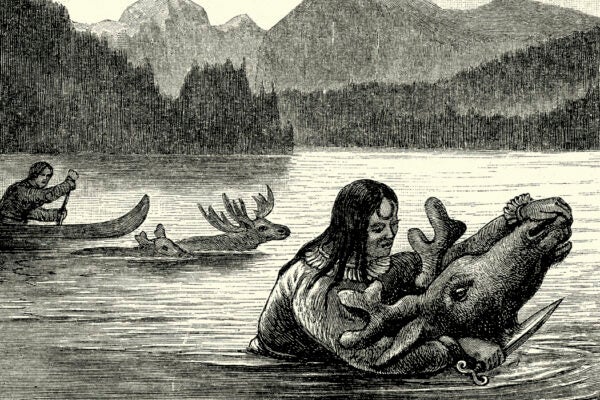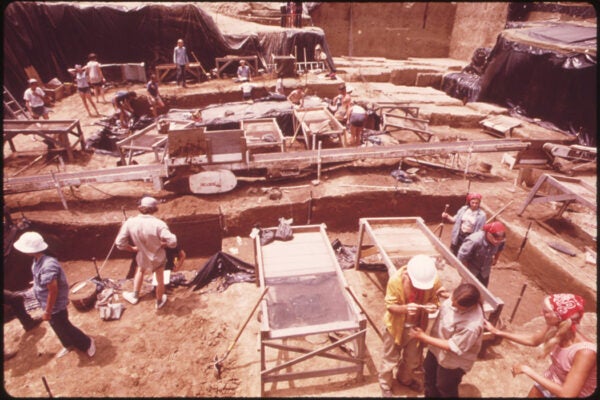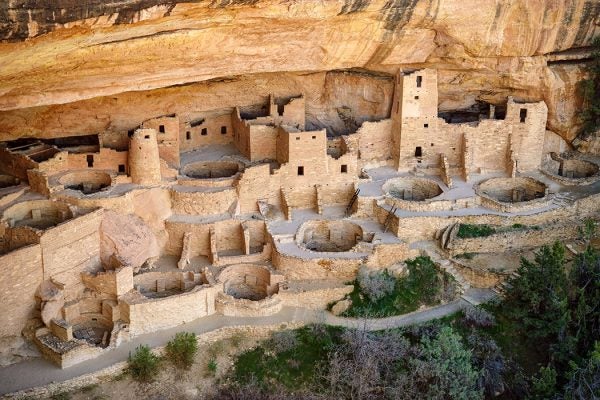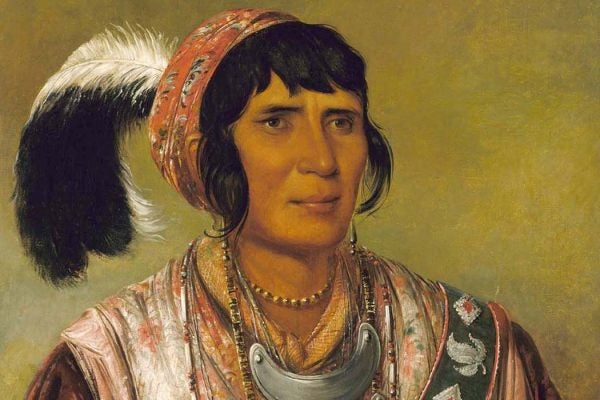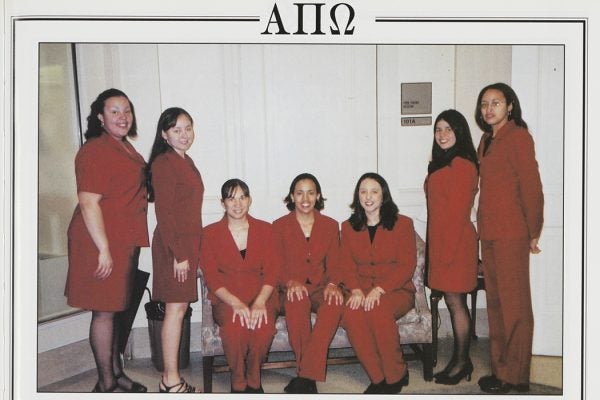Why Animals “Give Themselves” to Hunters
Many northern Indigenous cultures think about hunting in terms of literal “gifts” from animal to human, yet outsiders often dismiss the concept as a metaphor.
Working Against the Clock: Time Colonialism and Lakota Resistance
Resisting Western conceptualizations of time and productivity, the Lakota peoples have maintained a task-oriented economy based on kinship and relationships.
Putting Science in its Place
A new stewardship group for a telescope in Hawai‘i hints at what cooperation between the European scientific tradition and Indigenous knowledge might look like.
The Importance of Newspapers for the Red Power Movement
In the 1960s and 1970s, activists and organizers used Indian Country newspapers to cultivate a pan-Indigenous identity through a poetics of resistance.
Thomas Jefferson’s Gourmand Explorers
Jefferson’s government organized several western expeditions. Some carried luxurious supplies of food, some enjoyed local hospitality, and some nearly starved to death.
Understanding the Indian Child Welfare Act
The ICWA wasn’t implemented perfectly, but it reversed a centuries-old pattern of removing Native children from their families and their tribes.
Grave Matters: Conflict in Reburial and Repatriation
The public is placing pressure on institutions to respect the concerns of Native peoples regarding the repatriation of human remains and grave-associated artifacts.
Why Did They Leave the Pueblos?
The Ancestral Puebloans were driven from their homes in the American Southwest by a combination of factors rather than a single cause.
Ghost Stories at Flagler College
Telling a spooky story around a campfire—or in a dorm room—may be the best way to keep a local legend alive.
Inside the First Indigenous Sorority
Alpha Pi Omega, the first historically Native American sorority, supports Native students and creates cultural space for them on university campuses.
